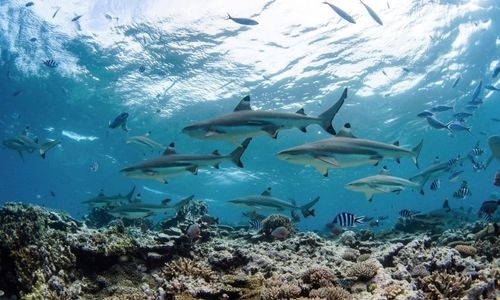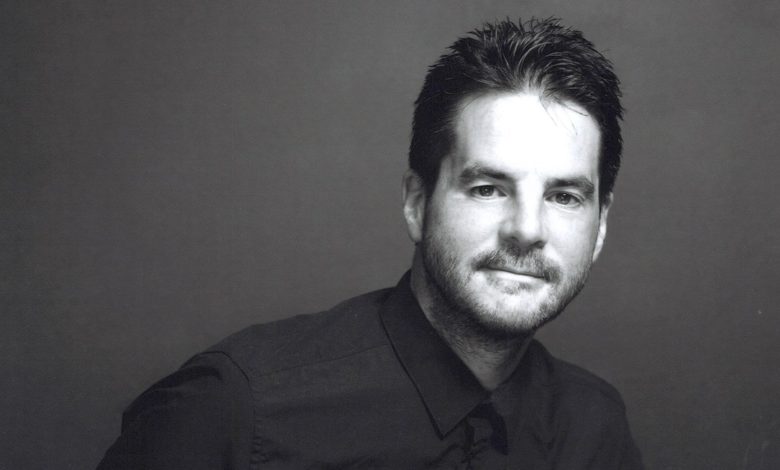Bahrain’s marine life under ‘extreme threat’
TDT | Manama
The Daily Tribune – www.newsofbahrain.com
Report by Zahra Ayaz
Bahrain’s marine life is in jeopardy due to disposing of trash or industrial waste into the sea and stricter rules are needed to save the island’s marine habitats and ecosystems, say marine experts.
Marine debris has been affecting the beautiful coastlines of the kingdom for a long time now, it seems human wastage and carelessness are endangering the marine habitat too. A study carried out by the United Nations has found out that a third of marine species in the Arabian Gulf could be wiped out in just 70 years.
“The biggest threat of ocean plastic pollution comes from micro plastics. These are small fragments of plastic debris, some of which were produced to be this small such as microbeads.
Other micro plastics come from the weathering of larger plastic waste.
“Once larger pieces of plastic waste enter the ocean, or any waterway, the sunlight exposure, temperature, humidity, waves, and wind begin to break the plastic down into pieces smaller than five millimeters longs.
“Plastics can also be broken down by smaller organisms who will eat plastic debris, breaking it down into small pieces, and either excrete these micro plastics or spit them out,” a source pointed out.
Speaking to The Daily Tribune, Mr Kai Miethig, an environment advocate, said: “Marine life is primarily affected by disturbing human behaviour, for example disposing trash or plastics as it will be taken away, the trash is just in another location, meaning in the living space of the marine animals, not one human would dispose trash in their own living space.”
“Marine life can be easily protected if people respect mother nature like they regard their own mothers. Throwing trash into the ocean will poison the water and cause the ocean habitats to die.
We all rely on nature, including water, air, and sand, so we must safeguard and maintain it.
“To raise knowledge of the value of the sea and water for both marine life and human life, campaigns for sea life awareness should be run near shorelines, and perhaps a sea life museum could be constructed,” he added.
The Supreme Council for Environment earlier stated in a report, “Solid, liquid and gaseous industrial waste is one of the key factors adversely affecting the marine environment. Fifty-three outfalls from the refining, petrochemicals, iron, power and sewage treatment plants are located along the eastern coastline of the Kingdom that discharges their wastewater into the marine environment.
“Moreover, the Arabian Gulf is suffering from repeated incidents of oil pollution due to the large number of oil tankers, oil refineries and oil production platforms, which may cause severe damage to the coastal environment.”
KAI MIETHIG, ENVIRONMENT ADVOCATE
Related Posts


